There was a temporary moment — although at the time, it felt endless — at the beginning of the 2010s when zombie narratives were the genre du jour in pop culture. The allegory of the undead has been around for decades: George Romero accidentally used the trope in Night of the Living Dead to discuss racism in 1968, and then intentionally in Dawn of the Dead to criticize consumerism; Telltale’s The Walking Dead brought pathological gravitas to narrative-based video games; and The Last of Us has become an unkillable IP since it released in 2013. But zombies can also be plain entertaining or gripping — just look at the success of Shaun of the Dead, Zombieland, Left 4 Dead, Dead Rising, and Call of Duty’s Zombies series.
Polish developer Techland jumped into the undead waters in 2011 with the release of Dead Island, four years after it was first announced. The game was a melee-focused action game, where players survived a zombie apocalypse on a deserted island. (While it was generally positively received, nothing topped the quality of the game’s trailer — which holds up as a dramatic short film well over a decade later.) Techland continued with the series briefly, developing the standalone expansion Dead Island: Riptide — which didn’t really fix any issues with the original but did ship with a mutilated torso — before jumping ship to create the Dying Light franchise.
Publisher Deep Silver, however, was far from finished with Dead Island, and quickly named Germany-based Yager Development as the lead on a direct sequel. Best known for the politically heavy Spec Ops: The Line, Yager surprised everyone by leaning into dark humor with Dead Island 2’s oddly iconic E3 2014 announcement trailer (the recently released Goat Simulator 3 parodied the trailer, replacing zombies with, well, goats). Although the combat demo was reportedly a year old when journalists saw it in 2014, coverage was optimistic, claiming the game was a big step forward for the series. Yager had lofty goals for the game, not the least of which was creating an 8-player “mini MMO” that would have “endless replayability.” The game was also no longer on an island. Somehow, a quarantined California was still deemed as being isolated enough to allow the name to make sense.
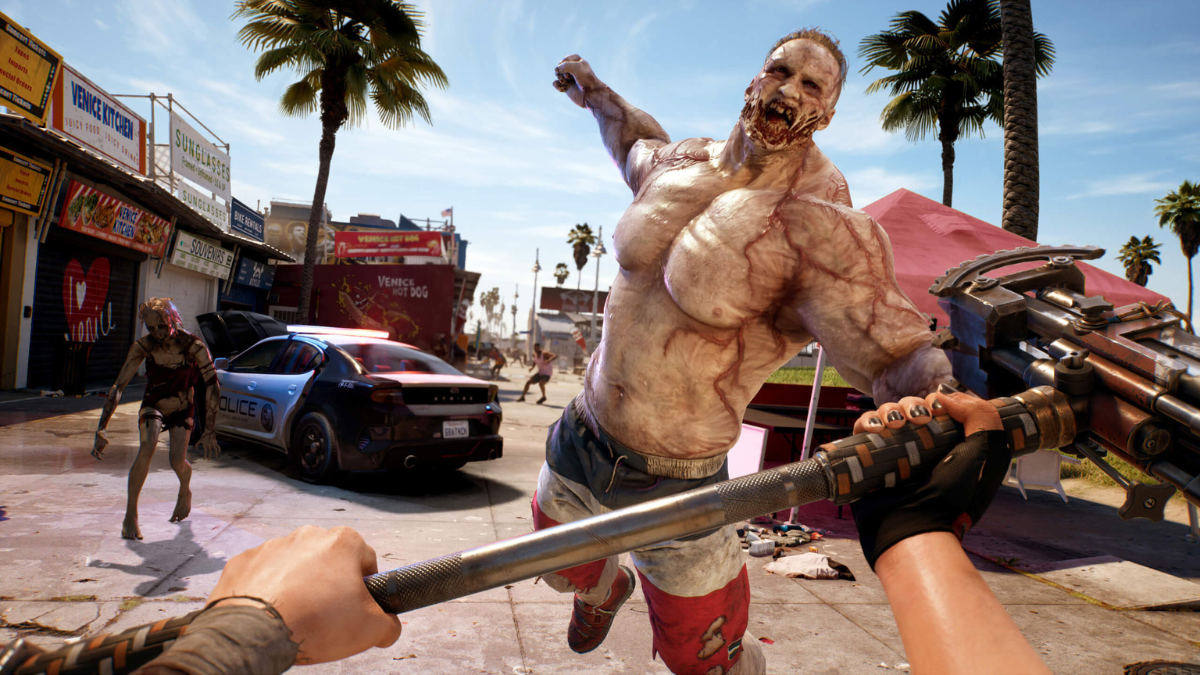
The slated Spring 2015 release date approached with dead silence, breaking only once to announce a delay into 2016. Not long after that, Deep Silver announced a mutual split (are such things ever truly mutual?) with Yager. Their creative visions had fallen out of alignment, but not to worry, Dead Island 2 was still being developed. British studio Sumo Digital, best known as the handlers of IP the original studios have moved on from (Virtua Tennis, Crackdown 3, LittleBigPlanet 3, and Sackboy: A Big Adventure), took over development in 2016. Silence followed again, although Deep Silver swore that development was ongoing. In 2019, it was curtly announced that Dambuster Studios, Deep Silver’s other British team, would be the third team working on the game. By this point, even the CEO of Deep Silver was tired of answering questions about the game, claiming all the delays and studio changes is a “testimony to [their] dedication to get it right.”
At Gamescom 2022, Dead Island 2 was officially re-announced, showcasing how similar yet different it was to the original iteration. Confined to LA, or, um… “HELL-A” as all the marketing materials are keen on labeling the city, players can team up with two friends as one of six distinct playable characters who are not only immune to the virus, but bestowed with zombie-like powers. Brutally visceral melee combat is still the focus, with a side allowance for environmental kills and guns. It’s hard for the re-announcement to not feel like a watered-down version of the original premise — there’s less California to explore, less vibrant colors, less dark comedy, and less genre-defying creativity. It’s a multiplayer zombie FPS, something that has come out in droves since the original 2014 announcement. In fact, it’s something Techland created twice — Dying Light and Dying Light 2 — while Dead Island 2 was stuck in development hell.
After one last delay, Dead Island 2 will launch tomorrow, April 21, 2023, over a decade after Yager first pitched the game. At this moment, it sits at a 74 on Metacritic; reviews praise the enjoyable melee combat, fun setting, and stunning visuals while criticizing the underdeveloped RPG systems.
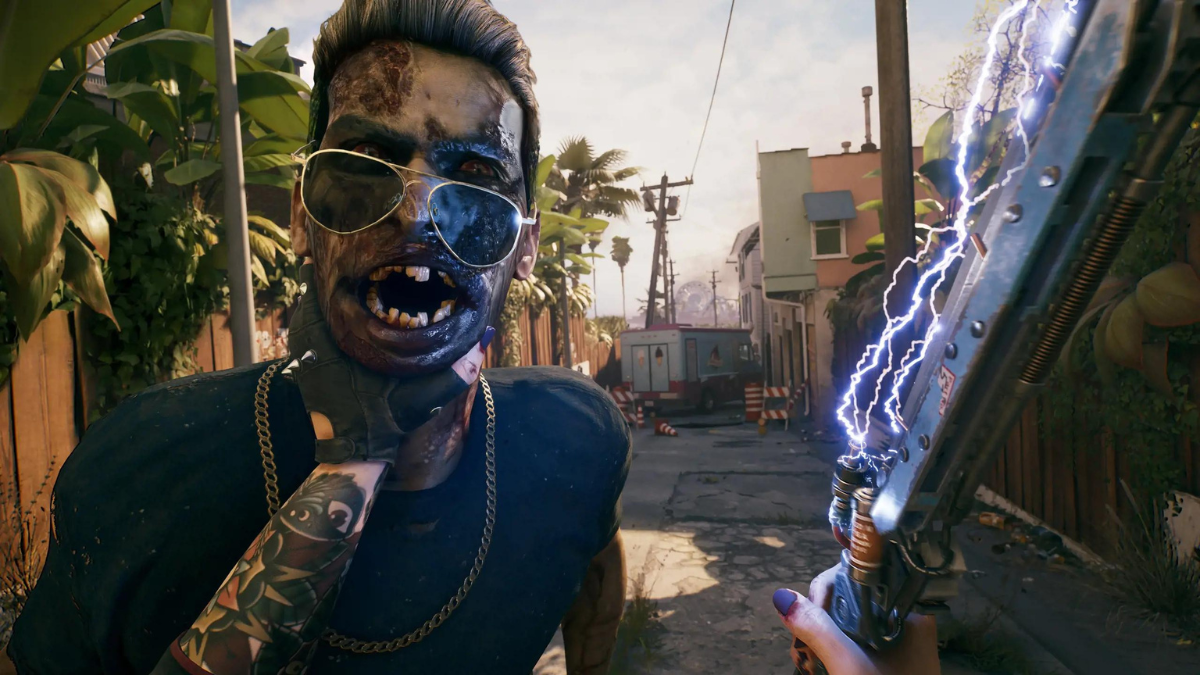
Caught up with the present, one might ask, “What’s the point of all this?” Does this article serve as a document of the troubled development cycle of a mid-tier AAA game? Does it show that games created by multiple teams through a decade of struggles are bound to fail? Does it bask in the broken promises, relish the ways the seemingly limited nature of the final game fails to live up to the vision set forth so long ago?
Here’s my answer: I don’t know. Video game development is hard, and growing development times continue to inflate an incredibly expensive and arduous process into a years-long struggle. Over the past few years, a few seemingly forgotten games found their way out into the world: Kingdom Hearts 3, Final Fantasy XV, Final Fantasy VII Remake, and Metroid Dread (to name a few). Not all of them received critical acclaim, but they managed to survive years on the backburner being molded by distinct creative hands, and that’s a massive achievement.
In 2023, zombies may not be the dominant force in pop culture they once were, but there’s always a place for fun, enjoyable adventures within the trope. The sheer fact that Dead Island 2 came out to decent reviews in a finished, fully realized state with confidence and aplomb is impressive. Much like the protagonists in the game, Dead Island 2 is empowered by its shambling, zombie-like nature. It’s not going to set the world on fire or reignite love for a (finally) dying genre, but it deserves to be celebrated for coming out at all. Somewhere amid all the detritus of past studios and creatives, Dambuster found a voice and vision to run with. While it may not have originally been their idea, the team found a way to make it their own and make it something people are enjoying. And that’s always worth celebrating.

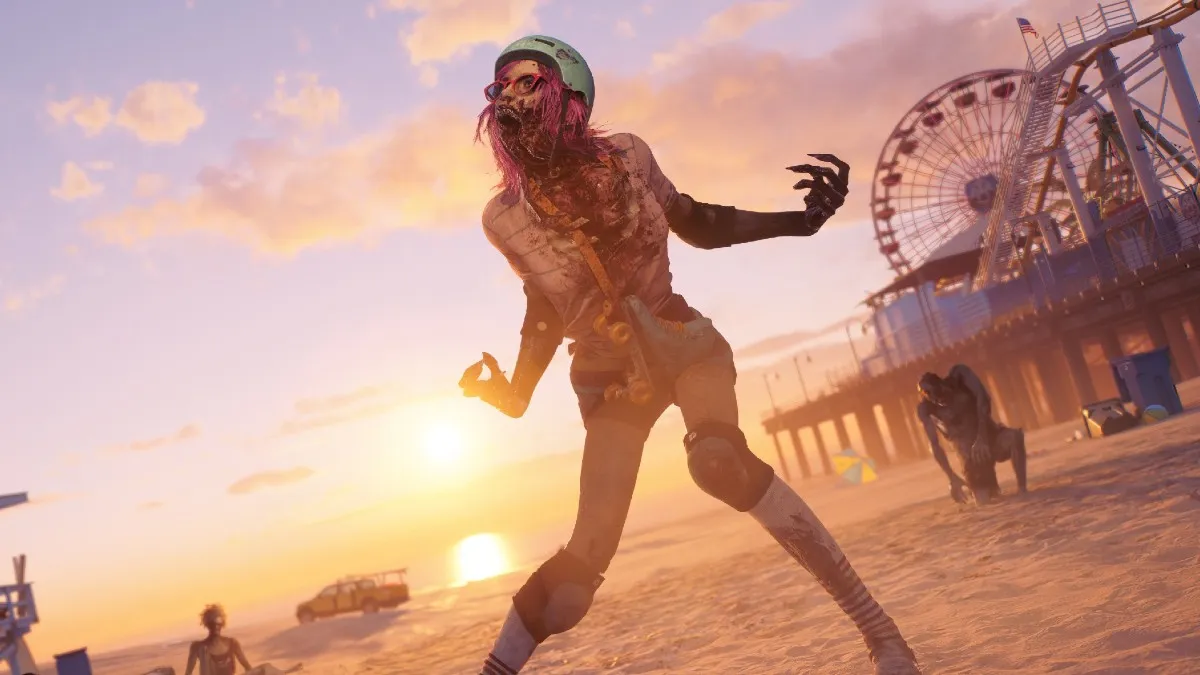
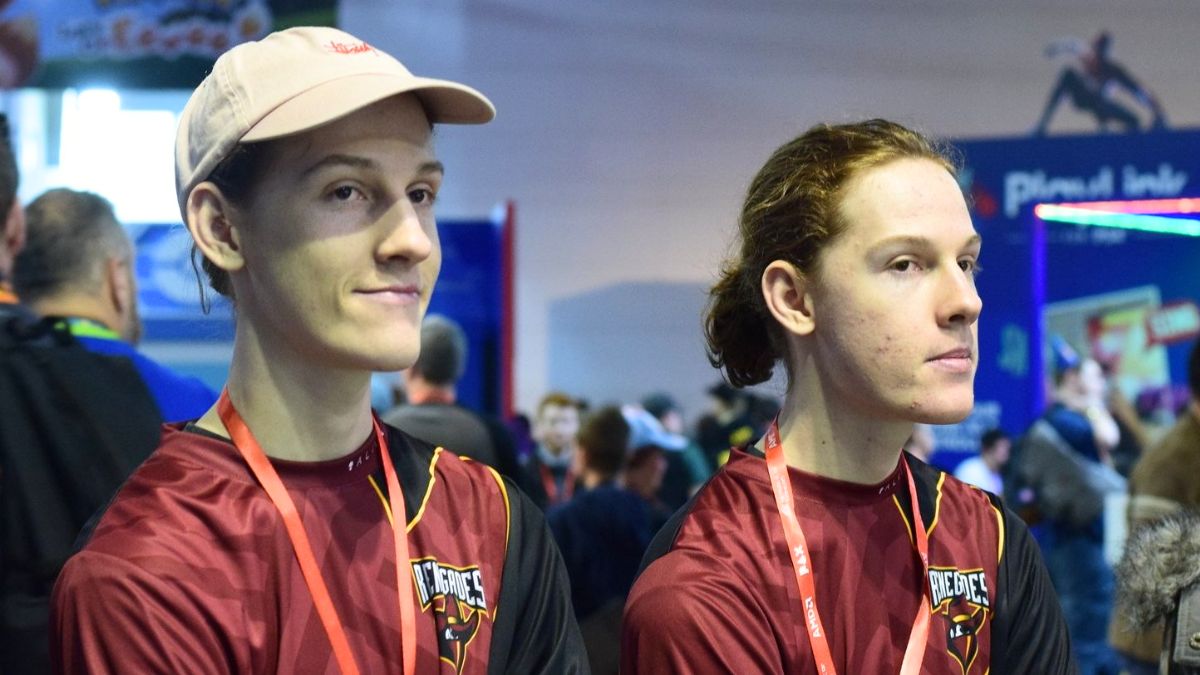

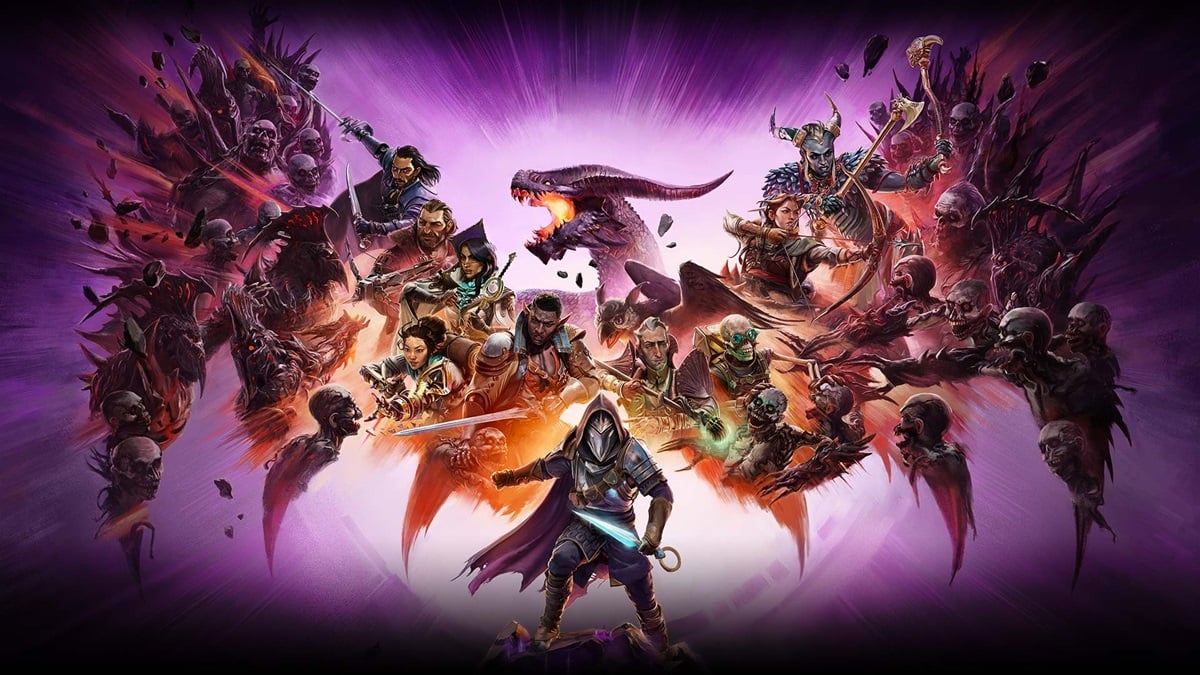
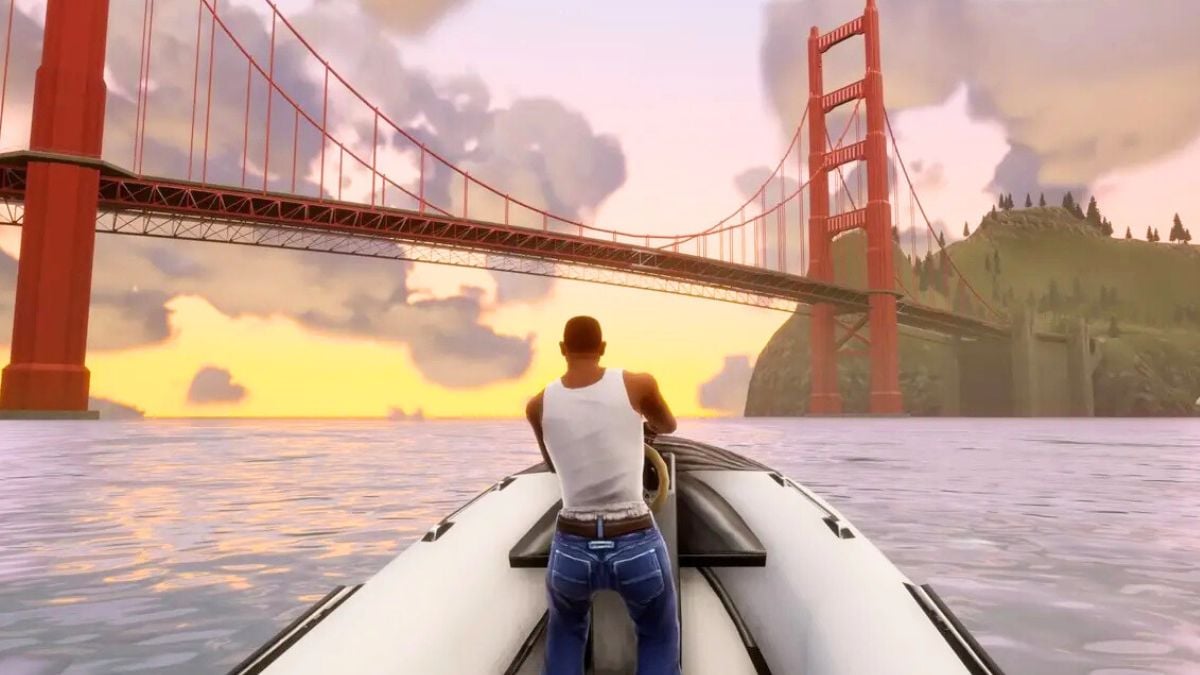
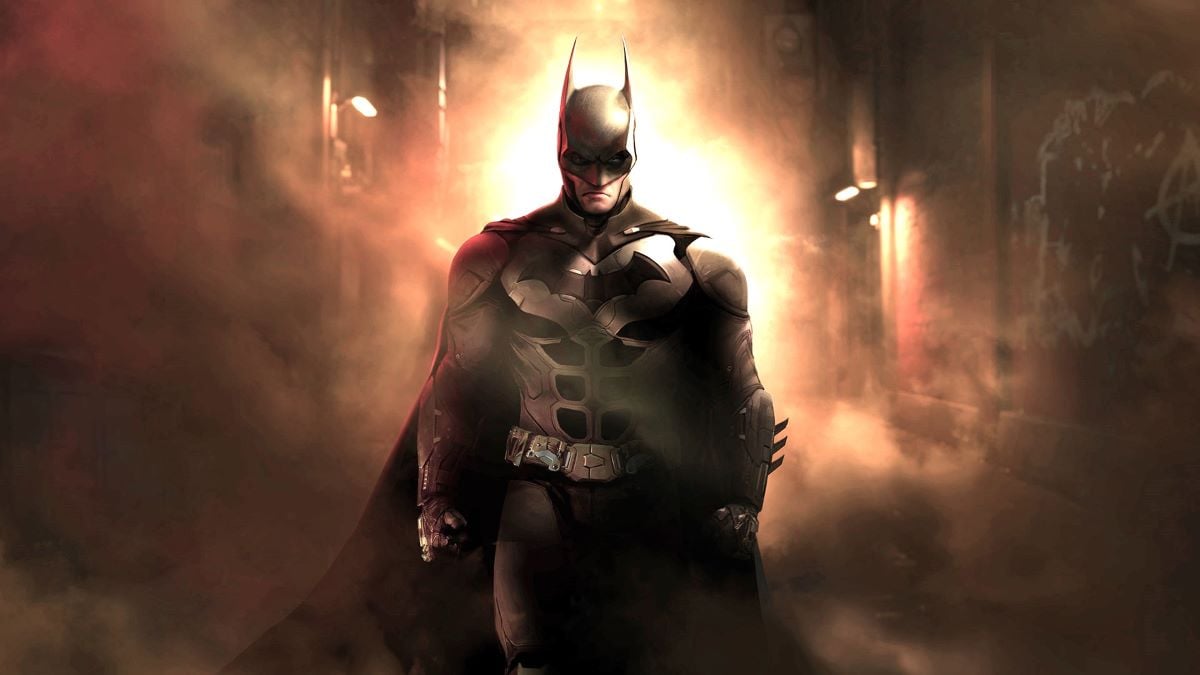

Published: Apr 20, 2023 12:59 pm